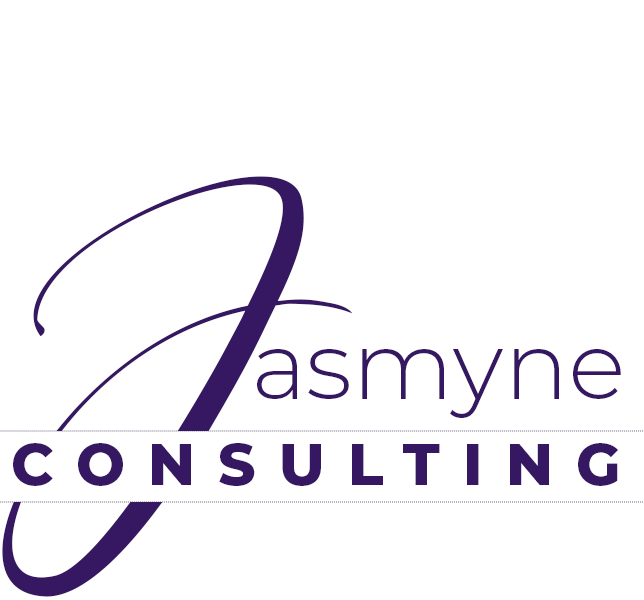“I haven’t a clue as to how my story will end. But that’s all right. When you set out on a journey and night covers the road, you don’t conclude that the road has vanished. And how else could we discover the stars?” Nancy Willard
After weeks, months or years of thinking about writing your memoir, you’ve finally decided it’s time. You’re both excited and nervous. You scan your memory and start gathering thoughts about the particular time period or life-changing event you want to write about until the day comes when you enthusiastically sit down at your computer or take pen and paper to a coffee shop and begin. Then it hits you. Where do I start? What should I include? What should I leave out? Your past looms over you in a thousand fragmented phrases. All the anticipation and passion you’ve brought to this moment springs a leak and is slowly but surely reduced to a tragic puddle. You sit, staring at the blank page. You still want to write but suddenly the enormity of the project hits you like the face of a 40-foot wave. You’re paralyzed by the size of the task.
If you haven’t gotten to this point, I might sound a bit dramatic. But if you have, I hope you’re laughing in recognition of your moment of truth. All kidding aside, what I’ve just iterated is the reason many writers get to this very point in their creative venture and never go any further. If you’ve reached this stumbling block and still want to proceed, consider this.
Start by writing the Introduction or Prologue to your Memoir. Think of your introduction as a preview of a coming attraction. It’s where you show and tell all the benefits readers will reap from your work. It’s where you highlight all the advantages you hope they’ll gain from the insights, observations, experiences, and lessons you share. Writing the introduction helps clarify the purpose of writing your story. From this clarity write a list or outline of the main events your memoir will cover. These are usually the ones that strike an emotional chord in you, touching a universal truth that will also be interesting to your reader. Now you’re ready to choose one of those events and start writing. When you don’t focus on the monumental undertaking but instead take small steps, you’re more likely to enjoy the journey to the finish line. If you have a hard time remembering events, take a walk down memory lane with your photo albums. Those old photos will surely be a substantive catalyst. And you can always give yourself creative license where memory fails.
Oh, and before it’s too late, I’d like to share a couple of insights with you. The first one is about sharing your work with friends or relatives. I have a client who is an excellent writer and has published a number of successful books. His most recent book, however, is his first memoir. His sister came to visit over the holidays and with enthusiastic innocence, he asked her to read a few chapters. Not a writer herself, she didn’t realize the crushing affect her words carried when she said, “Why would you want to write about all that stuff that happened so long ago? Besides, you got it all wrong.” I tell you this for a few reasons. One, family members will notoriously have different versions of the same story. One of my favorite quotes about memoirs is, “Anyone who believes you can’t change history has never tried to write his memoirs.” David Ben-Gurion.
The second one is that writing your memoir can almost be equated to giving birth. (Men and women, who have not given birth, think of your most creative endeavor.) It is an extremely personal matter. It is your creation. As Montaigne says, “It is not my deeds that I write down, it is myself, my essence.” Even though you may think you are ready for objective feedback, if you’re a first-time writer, you probably aren’t. Giving constructive feedback is an art. Most people, as hard as they might try, tend to inject unskillful criticism in their attempt to be helpful. For the most part, it is not intentional. For this reason, I urge you to be careful about sharing your work too soon in your writing process. More than one good writer has found their way to my doorstop crushed by unqualified advice from meaningful well-wishers.
This meaningful well-wisher wishes you creative fluidity.
Contact me for an initial complimentary consult – 808-268-5807 or jasmyne@jasmyneconsulting.com
